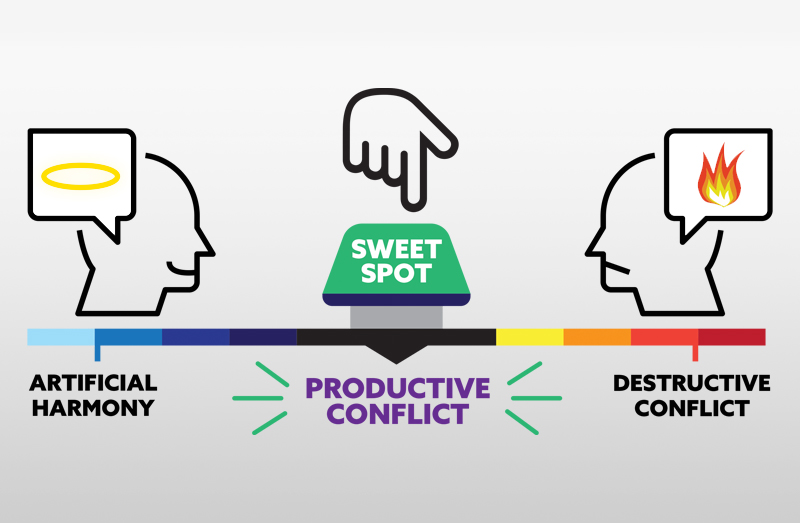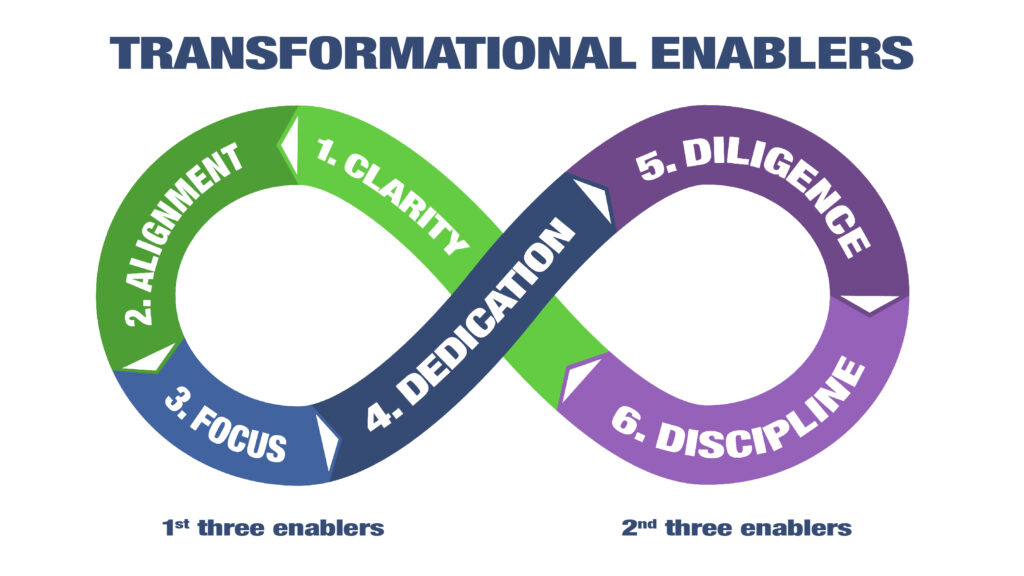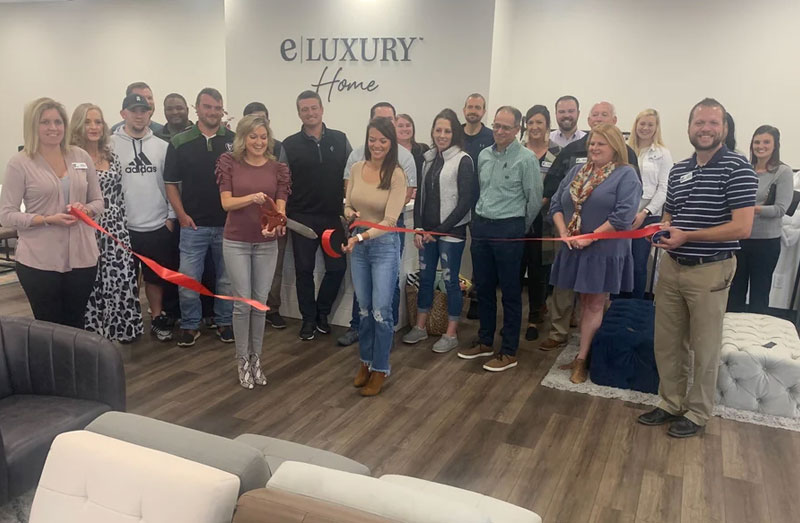Editor’s Note: In times of disruption and change at small and medium sized businesses, conflicts of opinion often emerge on how a business should react to emerging threats and opportunities. Our guest post author and host of our upcoming webinar, Dr. Craig Overmyer, has made turning conflict into productivity his guiding focus. Author of “Accelerating Thru Conflict The Missing Conversations… Before It’s Too Late!“, Dr. Overmyer is an expert on how we can turn arguments and disagreements into better solutions. At a time when businesses may be grappling with tough decisions, his work is more relevant than ever.
Business owners of growth firms that double in size every 3 to 5 years often yearn to be set free from three snares. When growing fast, they may find themselves either:
- Sucked into the friction and drama of daily operations;
- failing to get everyone on the same page;
- tolerating underperformance by their teams.
This takes a toll and drains precious time, energy, and cash.
Many growth firms hit what Verne Harnish, author of Scaling Up, calls “the valleys of death.” These valleys occur when the complexity of growth leads to dangerously low levels of cash flow, employee engagement and customer experience of value. When seized by the fear of loss, owners may feel pulled into overseeing primary functions and processes just for survival. It becomes harder to delegate oversight to others to grow the business.
This quote by Peter Drucker addresses this challenge for growth firms: “Only three things happen naturally in organizations: friction, confusion, and underperformance. Everything else requires leadership.”
I shared this quote with the second-generation business owner of a 15-year-old mid-market firm. He acknowledged being overwhelmed by all three of these snares. He smiled and was a bit relieved to know that his challenges are natural. But then he said, “Ok, how can I be freed from being sucked into the friction in our daily operations?”
Let’s answer his question by first addressing the issue of friction. A fresh concept about the friction that naturally occurs in any work situation comes from Richard Barrett, founder of the Barrett Values Centre, an organization of experts in assessing “cultural entropy.”
Cultural entropy measures the internal frictions, relationship issues, structural misalignments, and system problems in your organization that work against the achievement of your mission, vision, and strategy. Cultural entropy has a direct impact on employee fulfillment and customer satisfaction, and therefore, on profitability as well.
Friction is natural and necessary for growth, but what does it take to transform friction into productive conflict?
Jeff Kittle, president of Herman Kittle Properties, a national leader in affordable housing, has nearly doubled the number of properties owned and tripled the number of employees. Jeff has learned to model for his senior management team and key leaders throughout his organization what he calls “dynamic friction.”
Dynamic friction starts by having In-The-Moment Conversations™ to avoid false harmony or to head off destructive conflict. There are two general approaches to conflict resolution, as described in Amy Gallo’s book Harvard Business Review Guide to Dealing with Conflict: those who avoid conflict and those who seek it.
Employees whose temperament is to avoid conflict need a psychologically safe environment to speak up, be vulnerable, and stay focused on the higher purpose of the organization. Employees whose temperament is to seek conflict need to be trained to listen with empathy, make it safe to be vulnerable, and learn from mistakes.
Productive conflict can emerge when the owner and key leaders reduce cultural entropy by making sure both avoiders and seekers become comfortable with discomfort through In-The-Moment Conversations to resolve conflict and stay focused on achieving the higher purpose of the organization.
One of the secrets of cultures that work is that business owners can liberate themselves from the drama and friction of daily operations. How? Emotionally intelligent business owners unleash mindful leadership at every level, within everyone in the culture. In this way, both avoiders and seekers of conflict can have productive conflicts and stay focused on the higher purpose of driving positive organizational results.
To hear more from Dr. Overmyer about managing productive conflict, view our webinar page for past and present webinars.











